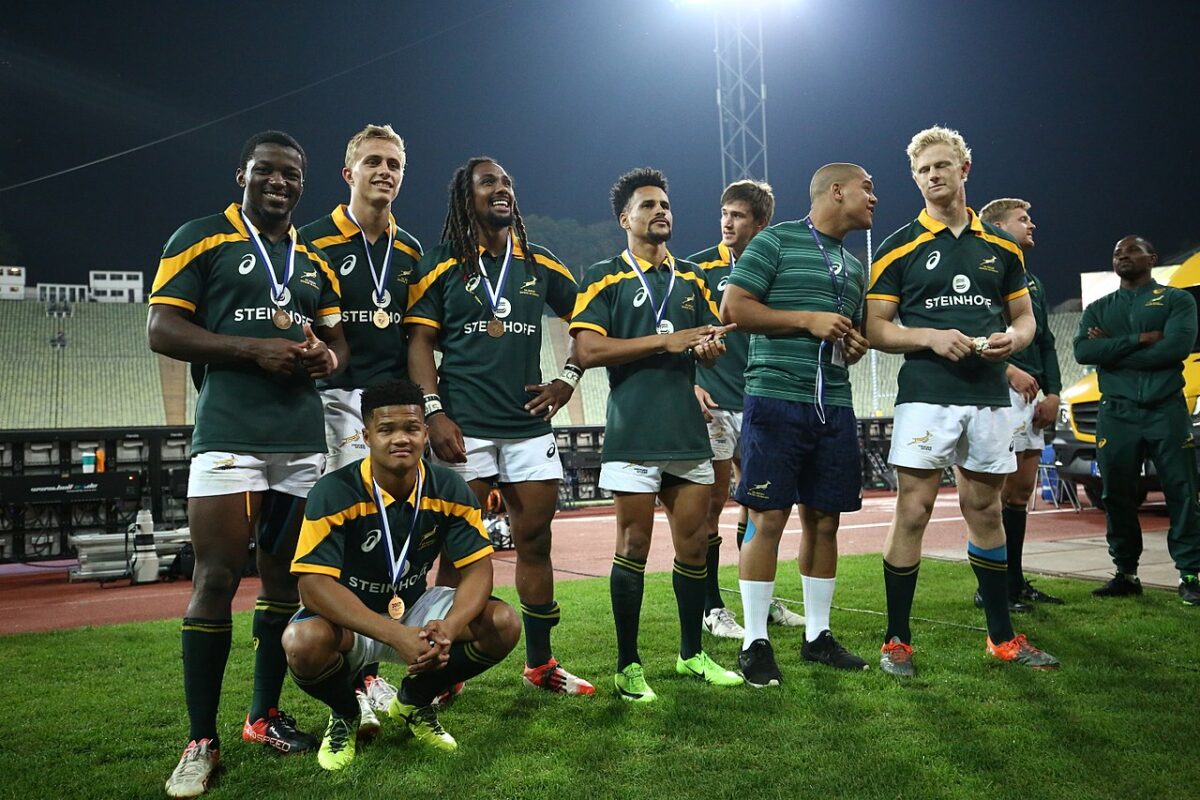Sport is an essential tool when it comes to achieving co-existence and co-operation and any attempt to politicize sporting engagements is both disappointing and damaging. The sporting field should not be used as a battleground to leverage political goals and agendas. Rather, it should be protected and nurtured as an arena for building bridges and understanding, irrespective of diverse cultures and backgrounds.
As South Africans, we have first-hand experience of how sport can impact a nation and be a vehicle for good. Initiatives that promote positive engagement between different people groups through sport should be encouraged and the politicization of such endeavours should be strongly rejected. The objection of the ANC Youth League of the Western Cape (ANCYL WC) to Israel playing in South Africa is divisive and serves no purpose. I don’t recall groups such as the ANCYL WC kicking up a fuss when North Korea took to the field in South Africa during the 2010 Soccer World Cup, despite the country’s litany of widespread human rights abuses, such as incarceration camps dedicated to political crimes, forced labor and physical abuse and executions. Israel, on the other hand, has no such human rights abuses.
The world over we can see the power of sport in action and the facts on the ground highlight that sport is a bridge-building activity and a key player in cultural and societal development. Moreover, sport has been successful in reducing social tensions, breaking down prejudice and promoting peace in divided societies.
Willi Lemke, who served as the Special Adviser to the UN on Sport for Development and Peace, has spoken and written at length regarding the need for sport in achieving positive, societal goals. He states, ‘Sport can build bridges, where dialogue can take place. And dialogue is always more important’.
In the opening ceremony of the 23rd Winter Olympic Games in Pyeongchang, South Korea in 2018, we saw again the power of sport, when athletes from North and South Korea marched together. The two nations even entered a combined women’s hockey team, in what the New York Times called “the most dramatic gesture of reconciliation between them in a decade”. We must learn from the unifying power of these and other examples if we want to find ways to use sport to bridge the gaps that divide us, instead of using sport to further widen and entrench those gaps.
Sportsmen and women should not be punished for the internal political workings of any country and should certainly not be used as a pawn in the game of political chess.
There is no doubt that the world is a fractured place with endless conflicts between countries as well as conflict within countries as we become siloed with others who share our values and beliefs. However, throughout history, people who otherwise have little in common have come together as fans and players and put their differences aside thanks to the powerful medium of sport.
The role of sport in reducing conflict can be traced back to the creation of the Olympic Games. In the ninth century BCE, the Oracle at Delphi advised Iphitos, king of Elis, to start a peaceful sporting competition to end the armed conflict that was plaguing Greece at the time. The tradition of the Olympic Truce was created which called for all regional conflict to end for seven days before and after the Games. This Truce was actually reintroduced at the modern Games in 1994 and is very much an ideal of the Olympic movement, so much so that a related UN resolution is passed every two years before the Olympics.
When we think about creating a shared future in a fractured world, sport can be clearly singled out as a hugely effective forum for uniting people of all backgrounds and beliefs. Sport carries a uniquely unifying power that serves as an important connective tissue, binding people together both across and within societies.
Throughout history, we have seen how our world leaders have recognised sport as a means to further dialogue and strengthen the bonds between peoples and nations. It is ill-advised for political groups to attempt the opposite in the pursuit of weaponising sport, stirring up enmity and furthering hostilities.


Ms Hall hits the nail on the head. Only in sport do we discover tolerance and struggle working hand in glove. It’s not surprising; how better to know the other when striving for the same goal and afterwards shaking your opponents hand and then retiring to the pub for a beer.